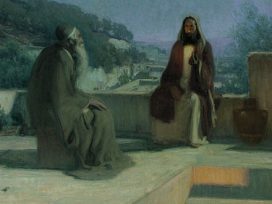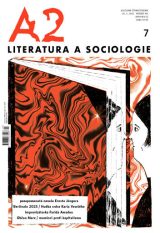
North and South, East and West, centre and periphery – the dichotomies with which Europe’s constitution is riven have profound cultural-historical roots. Particularly the schism between the Byzantine and Graeco-Roman cultures is a persistent source of friction, writes the renowned Romanian art historian and philosopher Andrei Pleșu.


